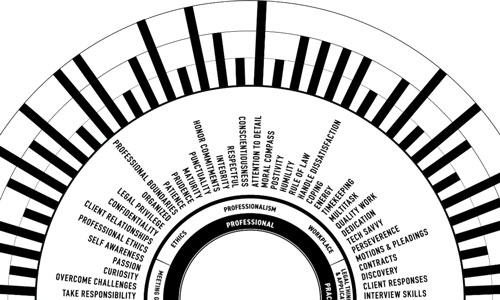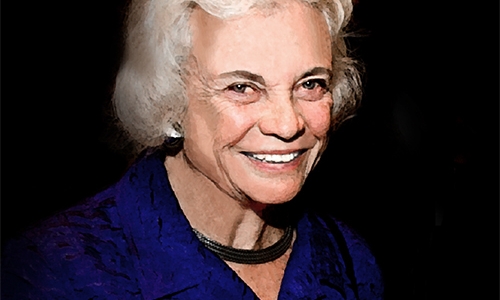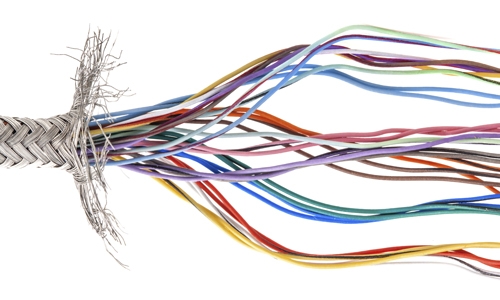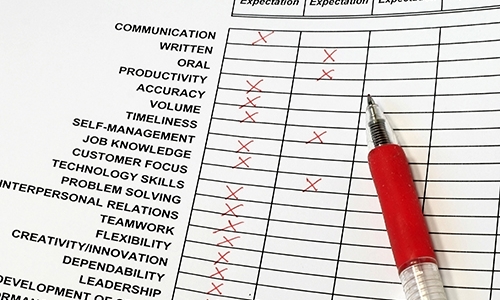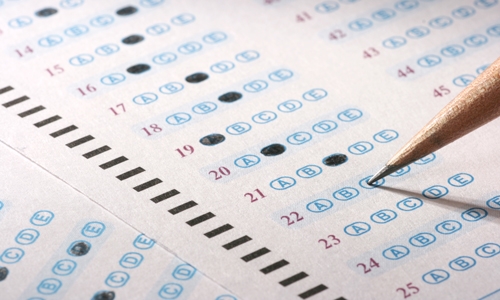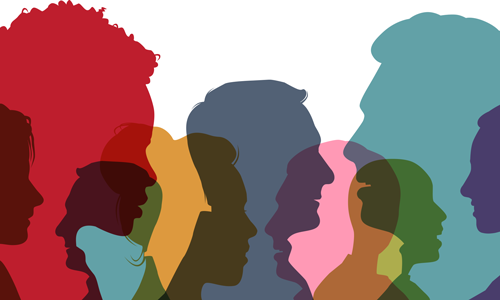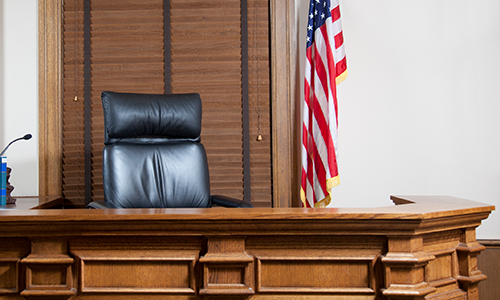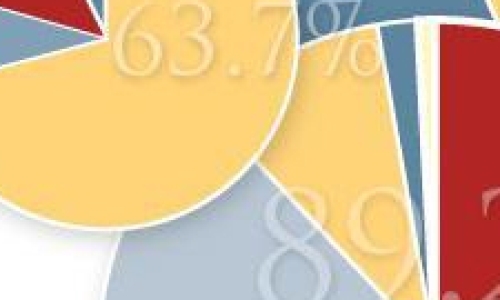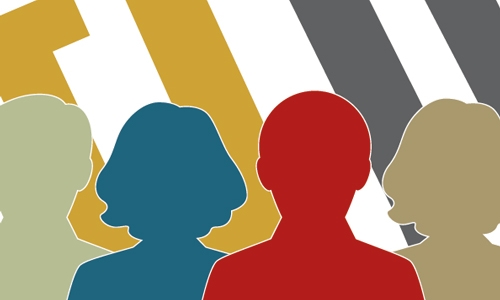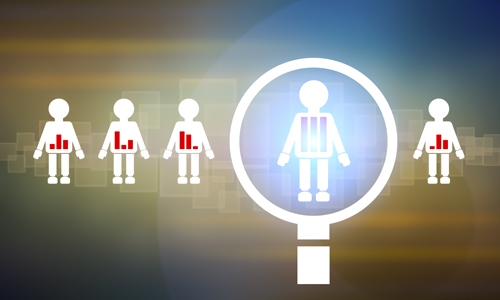Projects
Foundations 2.0 is underway! Our Foundations work has compiled the competencies, skills, and characteristics new lawyers need to succeed, and we have created different pathways to improve professional development, legal education, and legal hiring, working directly with law firms and law schools to implement best practices.
With the middle class Americans lacking quality and affordable legal services, a more concerted national effort is needed to address this distinct and alarming access gap. The Above the Line Network aims to do just that by expanding successful middle class-focused legal services and building support for larger policy and systemic changes.
IAALS and U.S. Supreme Court Justice Sandra Day O’Connor (Ret.) have identified a model for choosing, evaluating, and retaining judges that balances the need for fair and impartial courts with the need for public accountability and transparency.
Up and down the income scale, the legal needs of Americans are going unmet. Allied legal professionals hold a key to bringing more accessible and affordable legal help where it is needed most. Like nurse practitioners, allied legal professionals show great potential, and this project is working to grow these successful programs nationwide.
Unbundled legal services, also called limited scope representation, is a service delivery model that holds promise for the growing numbers of self-represented litigants. IAALS advocates for and publishes resources to aid in the implementation of unbundling in order to increase access to justice.
Current judicial performance evaluation (JPE) processes—which are like job evaluations for judges—no longer fully capture the experience of modern court users, the needs of modern judges, or the expectations of modern voters. Our JPE 2.0 project is helping JPE programs update their approaches to reflect modern realities, while remaining accurate, trusted, and relevant.
People of all socioeconomic backgrounds face problems every day with unclear paths to resolution, and 120 million legal problems do not reach a fair resolution every year. With the launch of our findings, we have not only uncovered the justice needs of our diverse populations nationwide—we are paving the way for meaningful progress to close the justice gaps in our society.
Too many people cannot effectively access our legal system to protect their rights and resolve their disputes. But if we want to make legal services more accessible, we must re-envision how they are delivered. This project is about taking a bold step forward into a consumer-centered regulatory system—one that is competitive, broadly accessible, and better meets the needs of the people.
The legal profession has never had a clear, explicit understanding of the minimum competence needed to practice law and how it should be tested on the bar exam (or through other licensing approaches). Through this project, we have defined minimum competence and have new recommendations for how the legal licensing process—including the bar exam—must change to better serve the public.
The discovery process in civil litigation often generates unwarranted delays and inhibits access to justice for all parties involved. IAALS has created pattern discovery rules specific to particular types of cases—including pandemics, natural disasters, FLSA, and employment—which make the discovery process more efficient and more targeted.
In partnership with the NCSC, we have supported the development of recommendations for transforming our state courts and continue to support their implementation nationwide.
The Cady Initiative for Family Justice Reform involves assessing and implementing best practices in domestic relations cases, with the objective of improving the way family courts handle them nationwide—by making courts less adversarial, more efficient, and more responsive to the needs of families involved in litigation.
The courts in the United States exist to uphold the rule of law. But they do not operate in a vacuum, separate from the people they serve. This project has dived deeper into the issue of low public trust and confidence in our courts, working closely with key partners and stakeholders, including—most importantly—members of the public themselves.
Much has been done to address the cost and delay in the civil justice process, and much of that work has focused on discovery. However, there are equal challenges and opportunities for improvement in the area of motions practice.
In addition to an expected litigation surge post-pandemic, state and federal courts are also facing a significant backlog of cases. Now, more than ever, courts need to implement better case management approaches, and we are working to broaden, re-envision, and ultimately redefine the practice for our rapidly evolving legal system.

